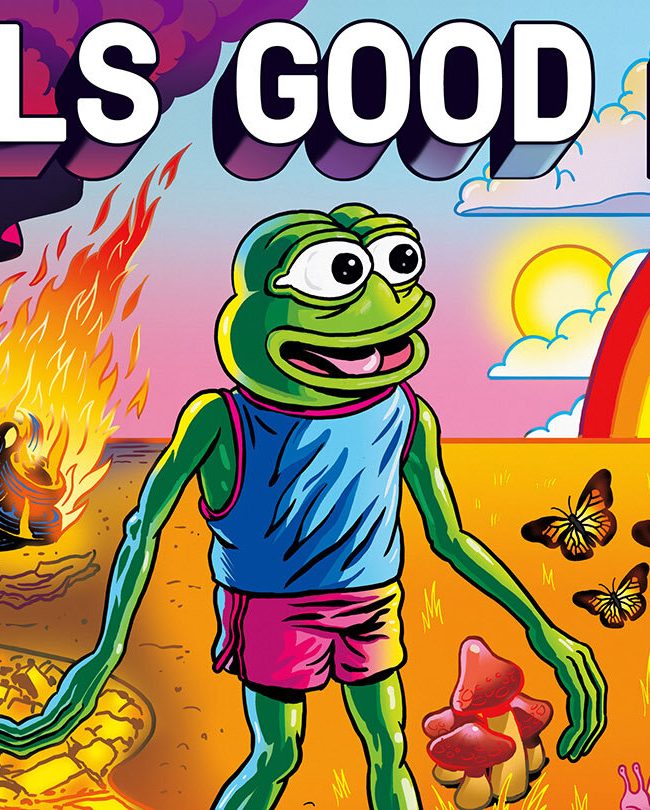
The last 15 years have seen major upheaval in the world of education and education reform (or “reform,” as opponents of the major school-policy initiatives of our day might write, instead). From “No Child Left Behind” under George W. Bush, in 2001, to its reform under Obama, 9 years later, to the messy state we are in today, much has changed while essentially remaining the same (plus “ça-change” …). Public schools have been asked to shoulder burdens beyond their original mission to educate our youth: now, they often provide meals beyond the class day, health care and parent education, as well. Such institutions, known as “community schools,” can do much good, particularly in poor urban areas, but they also face enormous challenges. If they spread their thin resources beyond capacity, their test scores – the rubric by which future funding, as well as hiring/firing of staff, is measured – could suffer. And the consequences of reduced funding are enormous, especially for community schools, since these are often the only places offering public services in their neighborhoods.
If you’re concerned about all of this (and you should be), there’s a movie for you. Oyler, the debut documentary from Amy Scott, of Marketplace, is making the rounds of film festivals, at present, and if it comes your way, it is a must-see. Set in the struggling Lower Price Hill neighborhood of Cincinnati, Ohio, the movie tells the story of one year in the life of one of these community schools (the “Oyler” of the title). Scott focuses her attentions on three subjects, in particular (with occasional forays into subsidiary stories): Principal Craig Hockenberry, and seniors Crystal Kornegay and Raven Gribbins. Each of them offers a unique perspective on the obstacles that confront educators and students, alike, in low-income areas of the country. Hockenberry, especially, dominates the film like a colossus, striding through the streets of Lower Price Hill as he confronts truant students and drug-users, almost more sheriff than school administrator. His is an uphill battle, made even more daunting because Oyler is under intense scrutiny to improve test scores for the academic year (2012-2013) profiled in the film. On the line is the usual funding … plus Hockenberry’s job.
At 56 minutes, the movie is briskly paced, yet dense with important information. We see Crystal and Raven apply to colleges – they’d be the first in their families to go – and watch Hockenberry do his best to make much with very little. It quickly becomes clear that he – or anyone willing to invest as much time as he does in the job – is a vital force for the community and larger city. Without such a director of the school and attendant social services, how would Lower Price Hill survive? These are the kinds of questions asked by Scott’s film (the filmmaker, herself, remains unobtrusively off-screen at all times), and they force us to confront the on-the-ground realities of education reform. As Hockenberry, himself, admits, someone needs to be held accountable to some kind of standard (and he accepts that that person should be him), but are scores the only measure of success? The beauty of Oyler is that even though it is clearly on the side of its principal subject, it ultimately lets you, the viewer, decide the answer to that question on your own. I look forward to future films from this fine new director.
– Christopher Llewellyn Reed (@ChrisReedFilm)












